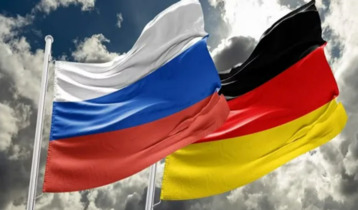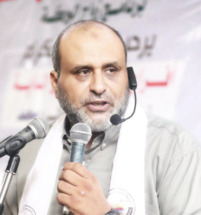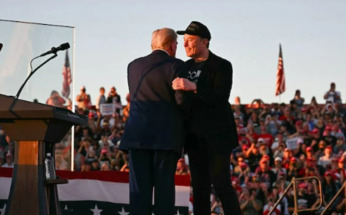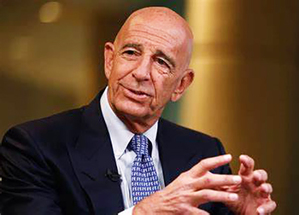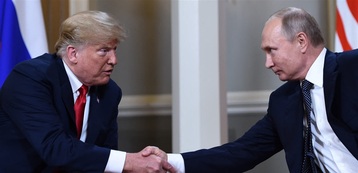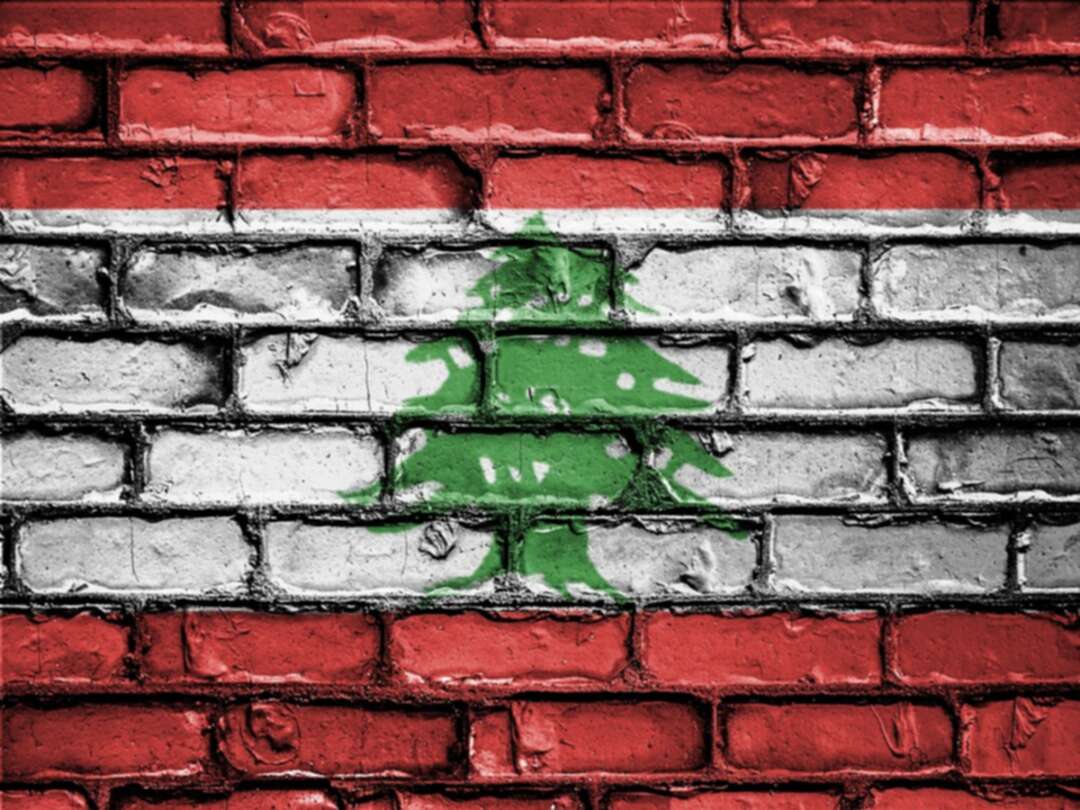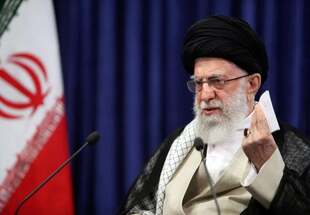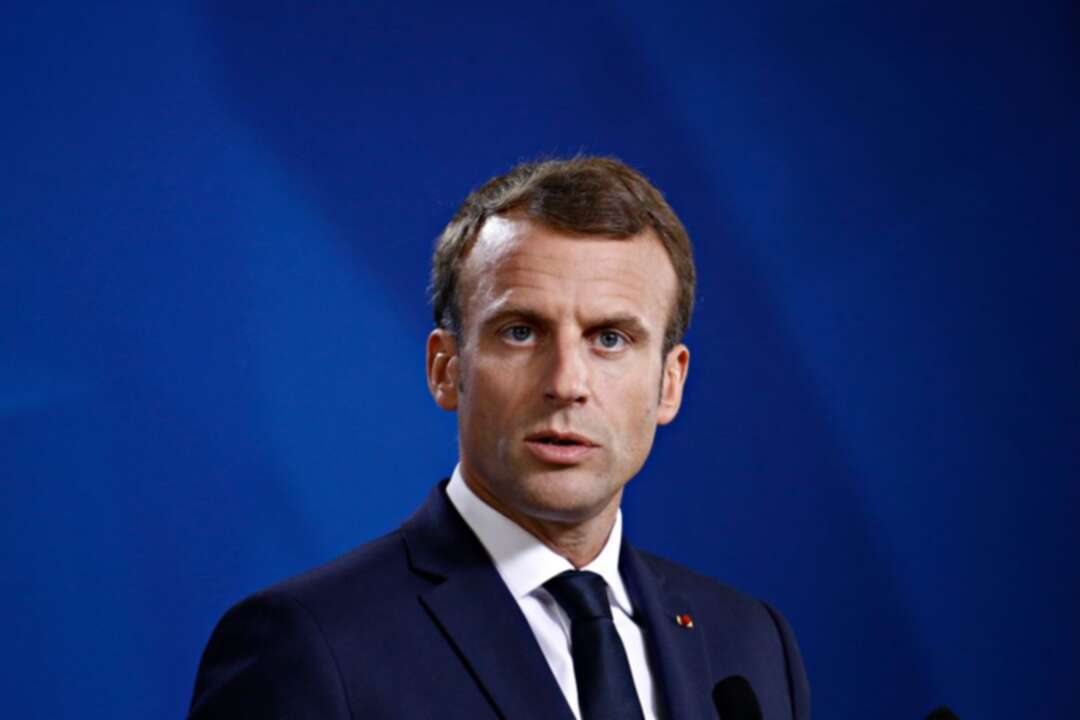-
As-Suwayda: Druze Factions Release Alawite Officer After Unofficial Mediation
-
This event reveals the complexities of sectarian relations in Syria, where community and tribal ties sometimes transcend the authority of the ruling regime, highlighting the fragility of Assad's contr
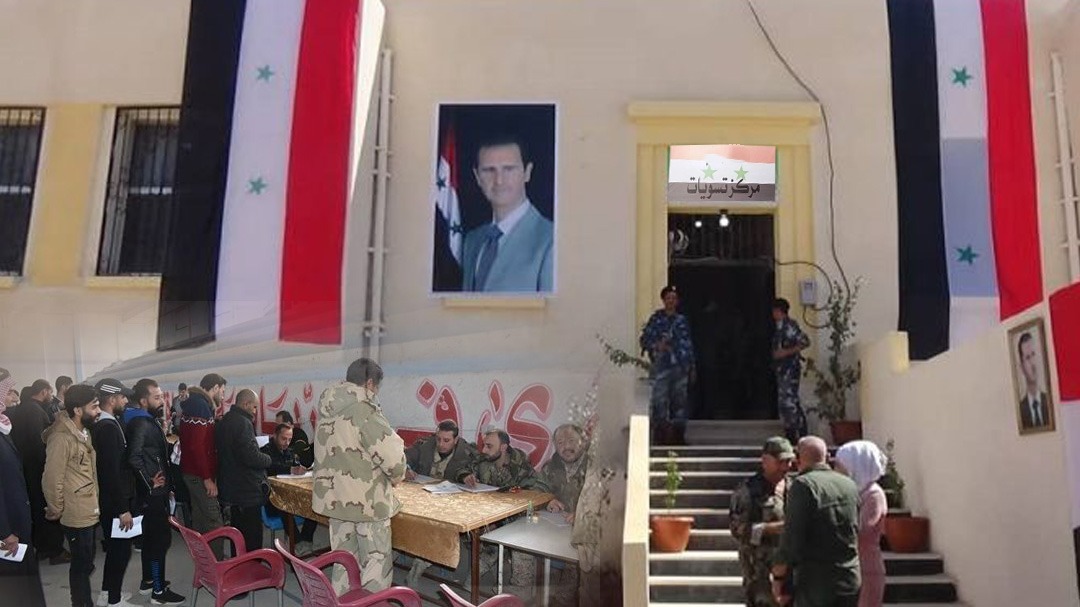
As-Suwayda governorate witnessed an exceptional event that reveals the complexities of the Syrian scene and the intertwining of sectarian and societal relations. A local Druze group released Major Ali Suleiman, director of the blood bank in the governorate, after detaining him for several months as a means of pressure to release detainees in Damascus regime prisons.
Suleiman's release came after a delegation from his family and notables of the Alawite community from Homs visited As-Suwayda. During their visit, the delegation met with Sheikh Hikmat Al-Hajri, the spiritual leader of the Druze Unitarian community, and Suleiman Abdul Baqi, leader of the "Mountain Freemen Gathering".
Abdul Baqi stated that Suleiman's release comes "in appreciation of the delegation's visit and as a gesture of goodwill," confirming that the detention of Assad's forces members was aimed at pressuring for the release of Druze detainees.
He also revealed a controversial stance of the Damascus regime, which informed the Druze factions during negotiations that it was not interested in the fate of its detained members, considering them among the dead.
The released officer's father explained that the regime's security agencies claimed they didn't know his son's whereabouts and warned the delegation against entering As-Suwayda, alleging they would be killed - a position that highlights the contradiction between the regime's claims and the reality on the ground.
The "Mountain Freemen Gathering" still holds other officers since last July, in response to the regime's arrest of Sheikh Baha Al-Shaer and young Murhaf Al-Hanani, indicating the continued tension between the regime and the Druze community in As-Suwayda.
The event reveals the complexities of the Syrian scene, where community and sectarian ties sometimes transcend the authority of the central regime. It also highlights the role of religious and local leaders in resolving conflicts, which could serve as a model for societal reconciliation in the post-conflict phase. At the same time, this event underscores the fragility of the Assad regime's control over its traditional areas of influence and the erosion of its legitimacy.
Levant - Follow up
You May Also Like
Popular Posts
Caricature
BENEFIT Sponsors BuildHer...
- April 23, 2025
BENEFIT, the Kingdom’s innovator and leading company in Fintech and electronic financial transactions service, has sponsored the BuildHer CityHack 2025 Hackathon, a two-day event spearheaded by the College of Engineering and Technology at the Royal University for Women (RUW).
Aimed at secondary school students, the event brought together a distinguished group of academic professionals and technology experts to mentor and inspire young participants.
More than 100 high school students from across the Kingdom of Bahrain took part in the hackathon, which featured an intensive programme of training workshops and hands-on sessions. These activities were tailored to enhance participants’ critical thinking, collaborative problem-solving, and team-building capabilities, while also encouraging the development of practical and sustainable solutions to contemporary challenges using modern technological tools.
BENEFIT’s Chief Executive Mr. Abdulwahed AlJanahi, commented: “Our support for this educational hackathon reflects our long-term strategic vision to nurture the talents of emerging national youth and empower the next generation of accomplished female leaders in technology. By fostering creativity and innovation, we aim to contribute meaningfully to Bahrain’s comprehensive development goals and align with the aspirations outlined in the Kingdom’s Vision 2030—an ambition in which BENEFIT plays a central role.”
Professor Riyadh Yousif Hamzah, President of the Royal University for Women, commented: “This initiative reflects our commitment to advancing women in STEM fields. We're cultivating a generation of creative, solution-driven female leaders who will drive national development. Our partnership with BENEFIT exemplifies the powerful synergy between academia and private sector in supporting educational innovation.”
Hanan Abdulla Hasan, Senior Manager, PR & Communication at BENEFIT, said: “We are honoured to collaborate with RUW in supporting this remarkable technology-focused event. It highlights our commitment to social responsibility, and our ongoing efforts to enhance the digital and innovation capabilities of young Bahraini women and foster their ability to harness technological tools in the service of a smarter, more sustainable future.”
For his part, Dr. Humam ElAgha, Acting Dean of the College of Engineering and Technology at the University, said: “BuildHer CityHack 2025 embodies our hands-on approach to education. By tackling real-world problems through creative thinking and sustainable solutions, we're preparing women to thrive in the knowledge economy – a cornerstone of the University's vision.”
opinion
Report
ads
Newsletter
Subscribe to our mailing list to get the new updates!

